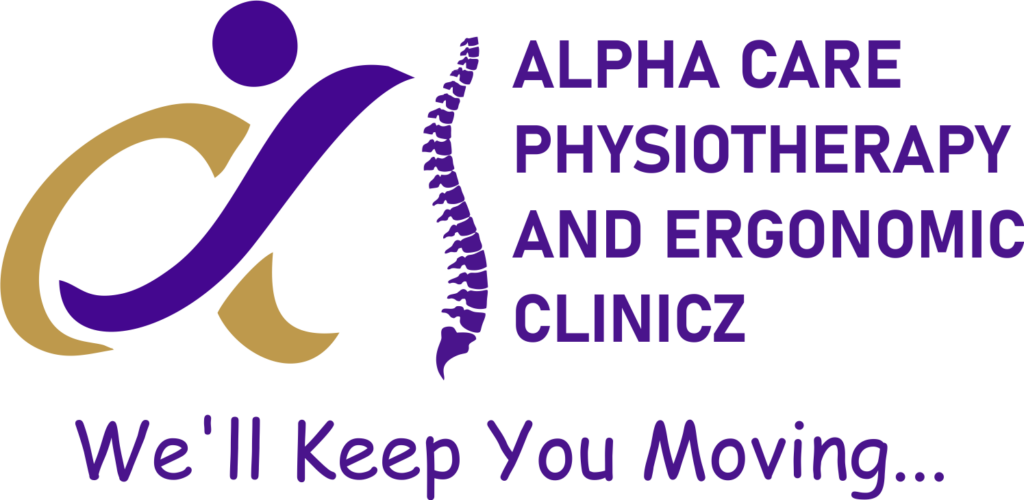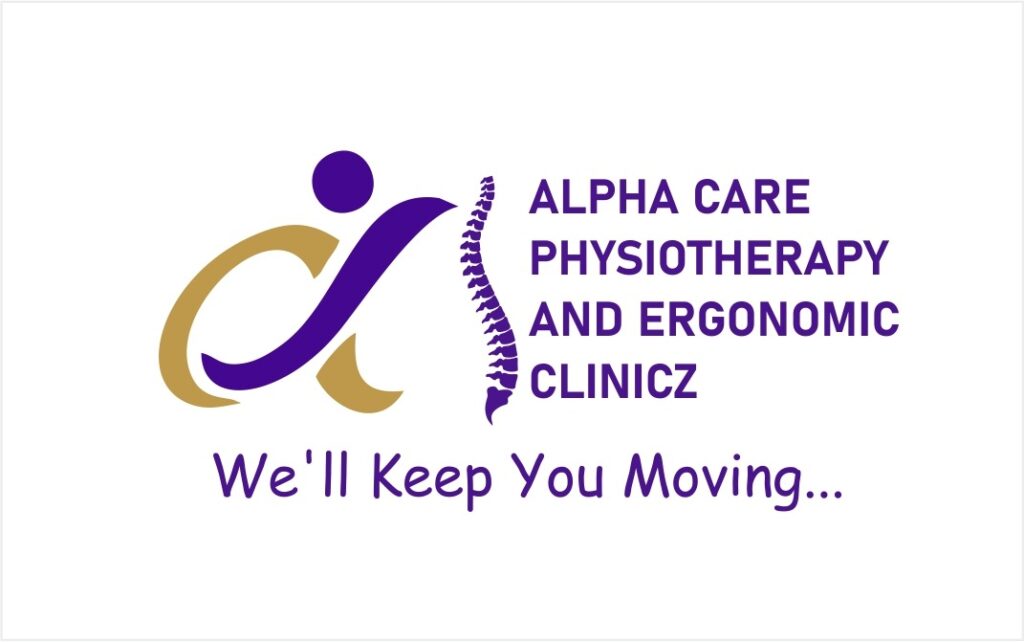Pre & Post Pregnancy Care

- Pre-pregnancy care involves preparing both physically and emotionally for pregnancy to optimize maternal and fetal health.
- Key components include obtaining preconception counseling, addressing any pre-existing medical conditions, and achieving a healthy weight.
- Women should take prenatal vitamins containing folic acid and maintain a balanced diet rich in nutrients.
- Avoiding harmful substances such as alcohol, tobacco, and certain medications is crucial during this stage.
- Regular exercise, stress management, and adequate sleep are important for overall well-being.
- Pre-pregnancy care also involves discussing any concerns or questions with healthcare providers and considering genetic counseling if appropriate.
- Post-pregnancy care focuses on the physical and emotional recovery of the mother following childbirth.
- It involves monitoring for any complications such as postpartum hemorrhage, infection, or mood disorders like postpartum depression.
- Women are encouraged to attend postpartum check-ups with healthcare providers to assess healing, address any concerns, and discuss contraception options.
- Breastfeeding support and education are provided to promote successful breastfeeding and infant nutrition.
- Postpartum exercises and pelvic floor rehabilitation may be recommended to aid in recovery and prevent issues like urinary incontinence.
- Emotional support and resources for coping with the challenges of motherhood, such as sleep deprivation and adjusting to a new routine, are essential.
- Women should prioritize self-care and enlist support from partners, family members, and healthcare professionals as needed.
- Contraception counseling and family planning discussions may also occur during post-pregnancy care to help women make informed decisions about future pregnancies.
- Overall, pre and post-pregnancy care aim to ensure the health and well-being of both mother and baby throughout the reproductive journey.



